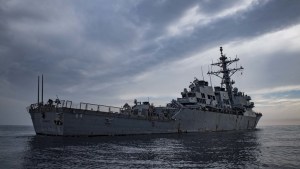 Robert Siddharthan Perinpanayagam, in Groundviews, 22 August 2011, where the title reads “Caste And Politics” …. An article that drew 19 comments including some responses from “Sid”… reproduced here with highlighting imposed by The Editor in circumstances where my friend “Sid” from Peradeniya days is no longer around to dispute matters … as he surely would have.
Robert Siddharthan Perinpanayagam, in Groundviews, 22 August 2011, where the title reads “Caste And Politics” …. An article that drew 19 comments including some responses from “Sid”… reproduced here with highlighting imposed by The Editor in circumstances where my friend “Sid” from Peradeniya days is no longer around to dispute matters … as he surely would have.
Over the years, the claims of the Tamil people for justice, equalty and dignity have been rejected with a variety of specious arguments. It is not necessary to go into these exercises here again. However, the latest attempt in this direction is to raise the issue of caste in Jaffna society. Former civil servants, who spent three or four years being de facto kings of the North, have sought to comment on this issue in many recent hero-stories that they have published in the newspapers. In these hero-stories they report not only how they defeated one departmental head or another or humiliated a hapless village headman, but how they vanquished the evil designs of the Tamils as well. Indeed everything seems to become grist to the mill of Tamil-bashing. Even a casual remark made in a cricket match is used by a famous historian to claim that the Tamils of Jaffna are cravenly caste-conscious. Off-the-cuff social commentators as well as the tribalist pundits in the newspapers have also got into this act. The implication of these commentaries is that the Sinhalese do not have the problem of castism and only Tamils do. One recent commentator is so ignorant of the political history of the island as to invoke Ponnambalam Ramanathan’s castism! It was indeed the fear of Karava ascendancy by the Goigamas that elevated Ramanathan to high stature by making him the representative of the “Educated Ceylonese” in the Legislative Council.

Continue reading →
Like this:
Like Loading...

















